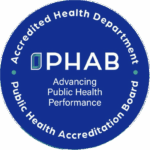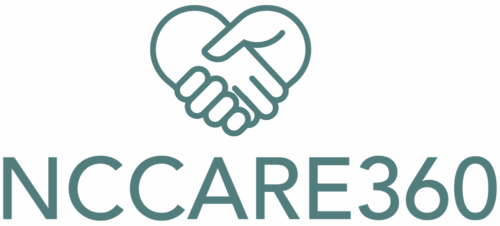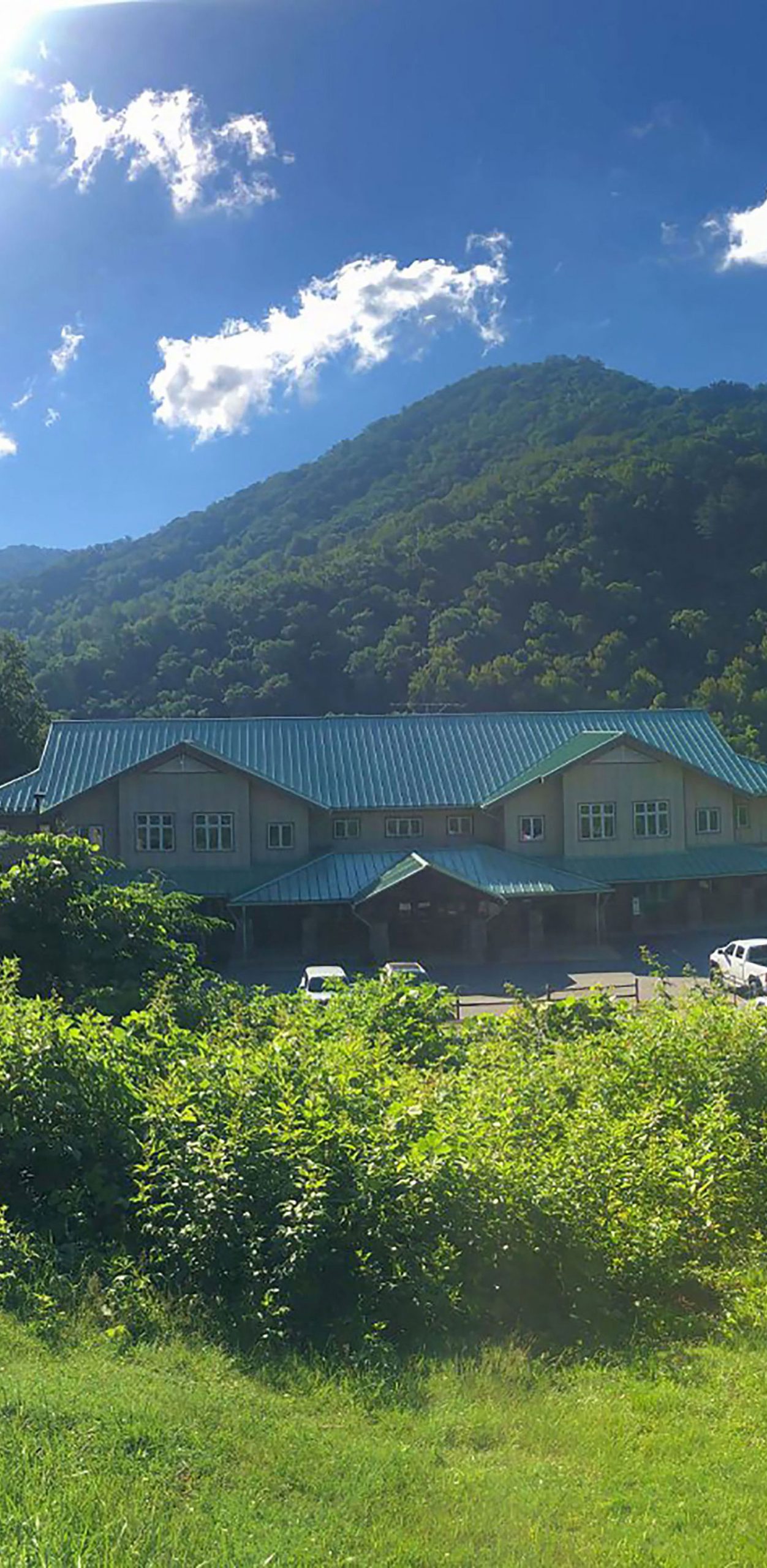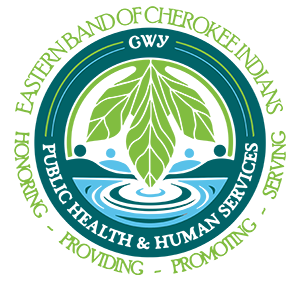Public Health & Human Services
Eastern Band of Cherokee Indians




Public Health & Human Services for the Cherokee Communities in Western North Carolina
Welcome! We invite you to learn about the variety of programs within Eastern Band of Cherokee Indians (EBCI) Public Health & Human Services. Our programs are designed to improve individual – and community – quality of life.
Many of our services are only for enrolled members of the EBCI and other federally-recognized Indian tribes. Some programs operate within the child care and school systems and are open to all children.
We are very invested in educating our community in prevention of unnecessary illness and disability. We make sure that individuals are aware of all the services available to them. Our programs work hand-in-hand with one another, ensuring continuity of care for individuals.
We are very interested in your well-being. Please call on us for assistance. To report a public health emergency 24/7, call (828)-359-6180. To report a reportable/notifiable disease 24/7, call (828)-359-6241.
Vision: Seven generations of wellness with families strong in mind, body and spirit.
Mission: HONORING our Cherokee community by PROVIDING excellent care, PROMOTING health and SERVING families in a culturally respectful way.
Core Values:
Group Harmony
Interconnectedness
Strong Individual Character
Compassionate Service
Commitment to Stewardship
Respect for Cherokee Heritage
Value Families
Sense of Humor
Generosity
Enthusiasm

Finding the care and resources you need starts here.
If you need health care or social services like housing, transportation, or food, fill out the below form to get started. A NCCARE360 Resource Navigator from NC 211 will contact you soon. The information you enter is entirely confidential and will only be shared to connect you with services. Some mobile devices with an unstable or weak Wi-Fi connection may not populate the form fields below. If this happens, please try to connect to a stronger Wi-Fi network or dial 2-1-1 or (888) 892-1162 (available 24 hours a day, seven days a week) to contact NC 211 by United Way of North Carolina for assistance. Please use this form only to request services for yourself, a child (under 18 years old), or an adult for whom you have legal guardianship. Consent submitted through this form must be signed by the person receiving services or their parent or legal guardian.
To report a public health emergency 24/7 call (828)-359-6180.
To report a reportable/notifiable disease 24/7 call (828)-359-6241.
Memorandums
- Cherokee Administrative Regulations
- Checklist for Administrating Medication in a Childcare Facility
- Child’s Health & Emergency Information for Family Child Care Homes
- EBCI Child Care Center Rules
- Childcare Licensure Memo
- Emergency Information on Staff
- EPR Fire Drill Log
- Child Care Fire Inspection Report
- Incident Report Form – Childcare
- Incident Log – Childcare
- Playground Inspection
- Poisonous Plants List
- QB HS & EHS Policies & Procedures
Tribal community health assessment (THA)
For Immediate Release
August 30, 2024
The Eastern Band of Cherokee Indians Public Health & Human Services (PHHS) Division is proud to announce the release of the 2023 Tribal Health Assessment (THA). This comprehensive report provides an in-depth look at the health and well-being of the Cherokee community, highlighting progress, challenges, and future priorities.
The 2023 THA is the result of extensive collaboration with community members, healthcare providers, and local partners and organizations, ensuring a holistic and accurate reflection of the Tribe’s health status.
This is the 3rd community health assessment conducted by and for the EBCI community. The first THA was in 2013, the second in 2018 and now the third in 2023. It is written and published every five years.
EBCI Public Health lead the production of this document in partnership with the EBCI community, Cherokee Indian Hospital Authority (CIHA), Cherokee Central Schools, United South and Eastern Tribes Tribal Epidemiology Center & Western North Carolina (WNC) Health Network.
Please note: All information in this document is the property of the Eastern Band of Cherokee Indians (EBCI) and is subject to its laws and governance. Use or reproduction of any part of this document, including data, is prohibited without the express permission of the EBCI.
From the data in the 2023 THA, top 10 health priorities emerged
These are:
- Support for homelessness and housing stability
- Promoting Preventative Care and Improving Health Care Access
- Safe and Healthy Built Environment
- Substance Use and Related Issues
- Mental Health Support and Depression prevention
- Violence and Abuse Prevention
- Nutrition and Exercise Improvement
- Maternal and Child Health
- Tobacco Use Prevention
- Healthy Aging
The THA is most useful when the community shares it widely
and has input into the discussion about the community’s health and actions to improve it. In 2024, PHHS will bring together…
If you are interested in working with PHHS to improve the EBCI community’s health, contact thip@nc-cherokee.com!
Compliance Support Line
Pursuant to Cherokee Code (C.C.) section 150-5

Disclaimer
EBCI PHHS strives to make the information contained on these third party sites as timely and accurate as possible, PHHS makes no claim, promise, or guarantee about the accuracy, completeness, or adequacy of the contents on these third party sites, and expressly disclaims liability for errors and omissions in the contents of these sites. Items posted on these third party sites do not necessarily reflect the views or act as endorsements by EBCI PHHS.

